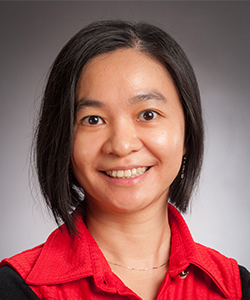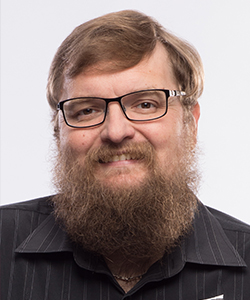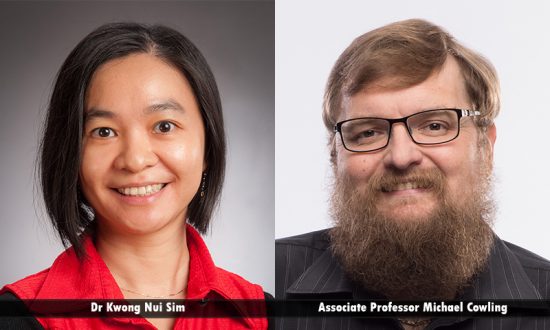Ok, we’re going to be brave and say it, even though it might upset some. What is a so-called third space teaching and learning support staff, employed under an administrative or professional contract, actually expected to do as part of a higher education institution? For institutions that pride themselves on continuous knowledge production and learning, why is a role with most of the time the word ‘design’ in the title fashioned in a way in which no time for scholarship is allowed? Is not scholarship a vital aspect of this role, such as a learning or institutional designer? Maybe it’s time to abandon this idea of the third space and acknowledge that what we actually need is Academic Development focused scholars, complete with academic contracts.
Teaching and Learning Support is More than Textbook Learning
Don’t get us wrong, we are not trying to underestimate these professionals’ contribution and their support for teaching and learning space but like it or not, the question is “Can anyone actually be able to teach a parent how to teach their kid?”. One aspect which always puzzles us is how these so-called third space professionals showcase teachers the ways to teach when they are not teaching themselves. As teachers for more than two decades now, we still find it tricky or even challenging at times in order to advise our colleagues on how to teach as the most we can do is by sharing our own experiences as a point of reference.
However, we acknowledge that an argument will be that these third space professionals are specialised in education but this indicates that ‘teaching’ is merely ‘textbook’ knowledge. Even more so, there is no such thing as a ‘perfectly’ designed course as ‘one size can never fit all’, especially when a lot of ‘teaching’ is based on ‘on the spot’ responses/experiences. A typical example will be that a brilliant learning task idea works perfectly for a cohort of students but it is a disaster in the previous or next cohort. In other words, the academics have to learn to upskill themselves in terms of pedagogical ideas even though a lot of times this comes with experiences. Teaching practices have to be in the real world, or have capacity to engage with the delivery and learning activities. The design from our third space professionals, while providing a foundation of enhancing teaching and learning practices, we could not deny the fact that ‘nothing ever becomes real till it is experienced’.
Teaching and Learning Support as Scholarship
The most concerning aspect is that a lot of these third space professionals are on contract and/or are not allowed/interested to engage with scholarship, which means once the courses are ‘well developed’, it constitutes the end of the teaching development. The situation seems to be more problematic when these professionals appear to be able to keep up with developments without academic rigour. Research is the answer. As argued by one of us in a recent public piece, ‘Scholarship is central to academic practice’. It could be quite concerning that teaching development relies on a group of professionals who are situated in quite an awkward position. Moving forward, we advocate that it will be more practical and sustainable if these skillful professionals take the idea of academic development on board as part of their professional growth. If leadership development is becoming more significant in today’s world, why not also scholarly development? Similar to academics, learning designers have to have time to engage with the ‘three-legged stool’ of being an academic.
In short, while these third space positions are considered as significant in today’s higher education domain when the complexity of relationships between teaching and learning practices is increasing as we rethink higher education in the age of digital technologies, we propose it is time to move on and advance the understanding of how students, as well as academics, go about acquiring the skills and knowledge needed to advance newly created roles. Let’s kill the third space and have proper academic developers (the third space professionals should be academics!) who can engage with academics at all times in order to enhance academic development constantly in every higher education institution.
About Dr Kwong Nui Sim

Dr Kwong Nui Sim is an award-winning emerging scholar/academic committed to enhance practices in the use of educational technology for students and teachers as well as within doctoral education and academic development capacity. She is currently a senior lecturer/learning and teaching consultant at AUT Learning Transformation LAB, Auckland University of Technology, New Zealand and has been active in the scholarship of higher education for about a decade now.
About Associate Professor Michael Cowling

Associate Professor Michael Cowling is an award-winning technology strategist and communicator committed to fostering thoughtfulness in educational technology for students and educators. He is currently an Associate Professor in Information and Communication Technology (ICT) at CQ University Australia and has been a leader in educational technology and computer science education for over 20 years.




